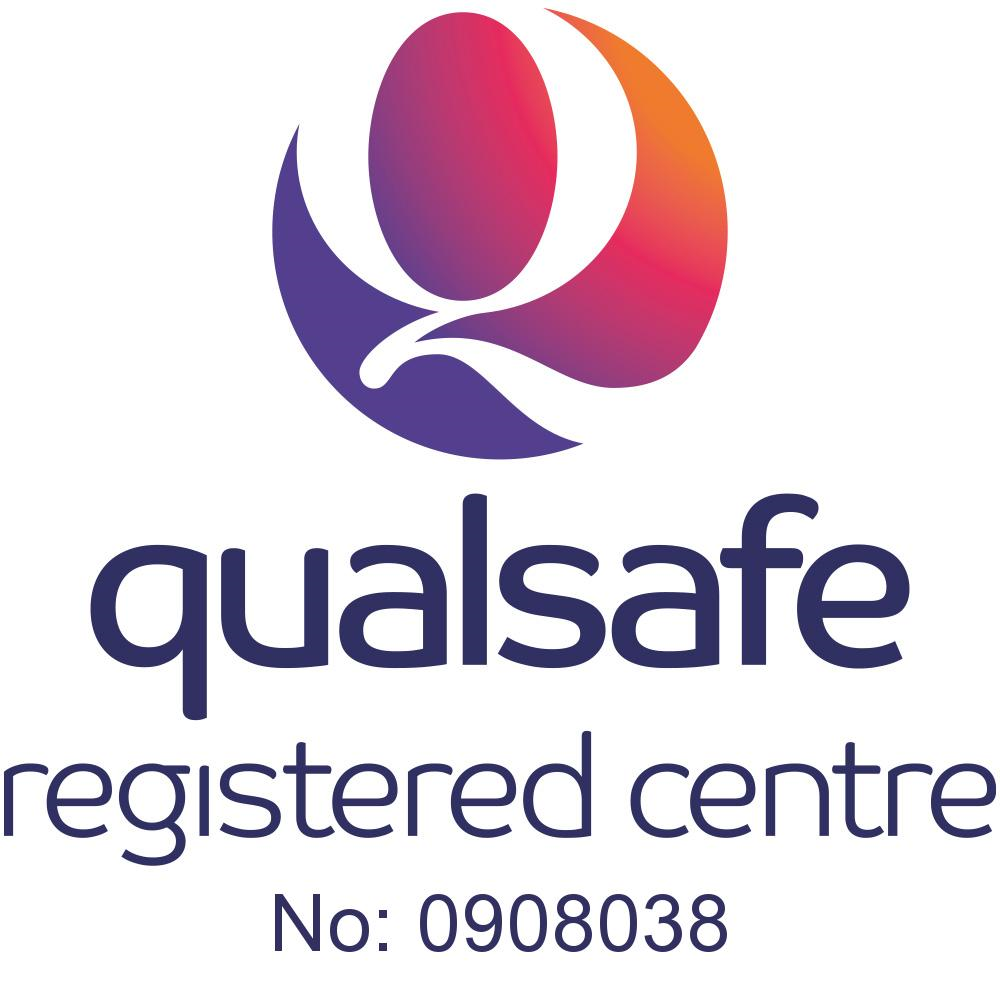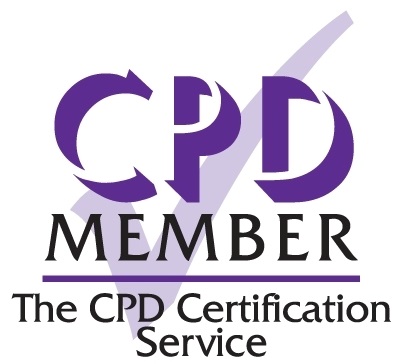Safer Handling of Medication Train the Trainer
Learning Outcomes
Train the Trainer:
- Compare the varying roles and responsibilities of a trainer within a care-based setting
- State key legislative and regulatory requirements that underpin training practice
- Explain practical ways to promote equality and diversity in learning sessions
- Describe approaches to meeting different individual learner needs
- Describe the significance of timely and constructive feedback
- Explain how to identify and act upon areas for professional improvement
- Define how to select relevant and inclusive teaching and learning resources
- Identify and compare different types of assessment methods
- Define strategies for engaging and motivating learners effectively
- Complete and submit:
- - Homework: A fully developed lesson plan
- - Homework: A structured micro-teach session
Safer Handling of Medications:
- Describe what medication is and its significance in healthcare settings.
- Explain safe medication handling practices.
- List the relevant legislation and policies governing medication handling.
- List the different types of medication and their uses.
- Describe contraindications and interactions between medications.
- Compare allergies and side effects, and understand their implications.
- Compare the effects of medications on individuals.
- Describe how to monitor side effects and adverse reactions.
- List the categories of medication and their uses.
- Describe the levels of support required for safe medication administration.
- Describe the process of ordering and receiving medications.
- State the correct medication directions and instructions for administration.
- Explain how to complete Medication Administration Records (MAR) sheets.
- Explain the importance of medication labels, dosage instructions, and storage.
- Explain how to manage medication storage, expiry dates, record-keeping, and disposal.
- Describe the 7 Rights of medication administration.
- Describe the process of obtaining consent for medication administration.
- Describe covert medication practices and when they are appropriate.
- Describe how to report medication errors and manage adverse reactions.
- Discuss psychiatric disorders and their impact on medication management.
- Discuss how to handle and respond to adverse reactions.
- Review infection control practices to ensure safe medication handling.
Aim
This course is designed for individuals involved in teaching, training, or assessing within real workplace environments. It equips participants with the knowledge and skills required to deliver effective, inclusive training and observe learners confidently and competently in health and social care settings.
Why Customers would Benefit from the Safer Handling of Medications Train the Trainer Course?
This course equips designated staff with the skills, knowledge, and confidence to deliver safe, compliant, and engaging medication handling training within their own care setting and carry out competency assessments. By developing an in-house trainer, organisations can ensure that medication safety standards are upheld consistently across teams, reducing risks and supporting regulatory compliance.

Key Benefits for Customers:
Cost-Effective Internal Delivery
Train a key staff member to deliver medication handling sessions regularly, eliminating the need for frequent external training bookings.
Supports Compliance with CQC and Legislation
Meets the requirements of the Medicines Act 1968, Health and Social Care Act 2008, NICE guidelines, and CQC Key Lines of Enquiry (KLOEs).
Reduces Medication Errors
Promotes a robust medication safety culture by ensuring consistent training and reinforcement of safe administration and recording practices.
Customisable for Your Setting
Training can be adapted to reflect your organisation’s policies, medication systems (e.g. MAR charts), and specific service user needs.
Empowers Staff and Promotes Accountability
In-house trainers gain a deeper understanding of medication processes, enhancing their leadership skills and ability to model best practice.
Improves Staff Confidence and Performance
Regular, accessible training leads to a more competent and confident workforce, ultimately improving the quality of care provided.
Encourages a Learning Culture
Fosters ongoing education and encourages reflective practice around safe medication handling, audits, and incident prevention.
Comprehensive Training Toolkit Provided
Gain access to a full suite of professionally designed materials—including presentation slides, realistic scenarios, learner handouts, and assessment tools—to support confident, engaging, and effective training delivery.
Let’s Talk About Your Training Needs
Our friendly team is ready to help you build the right training solution for your care setting.
Safer Handling of Medication Train the Trainer
Course
Safer Handling of Medication Train the Trainer
Level
3
Practical
Yes
Duration
10-12 Hours, 2 Days
Certificate Length
3 Year
Number of Delegates
8
What Our Customers Say About Us

Registered Manager
Residential Care Home

Domiciliary Care Provider
Residential Care Home


